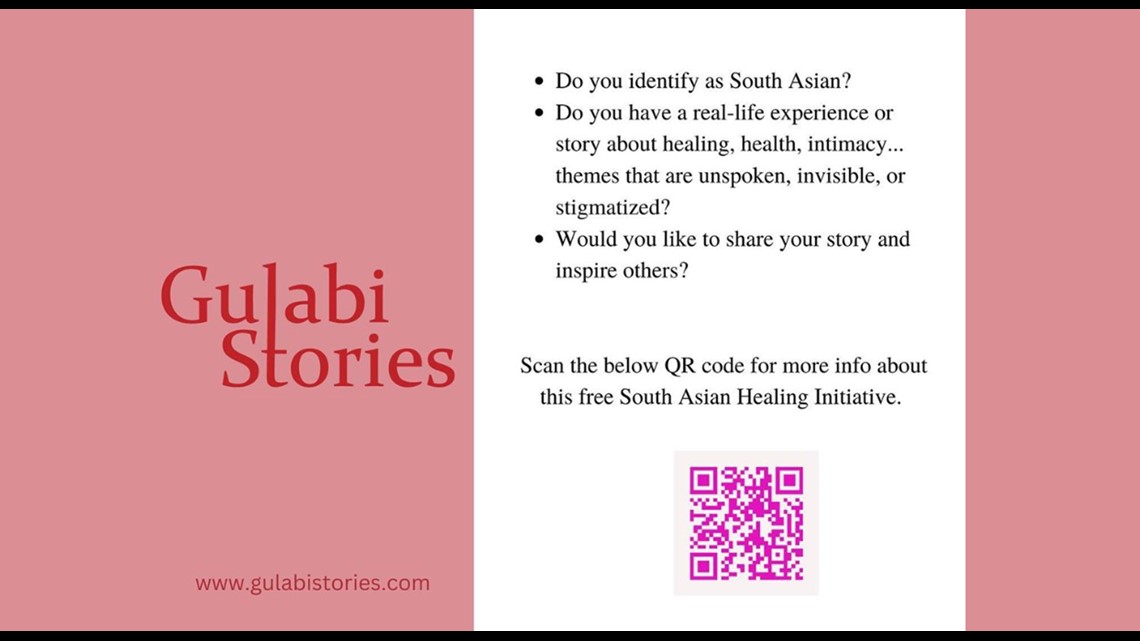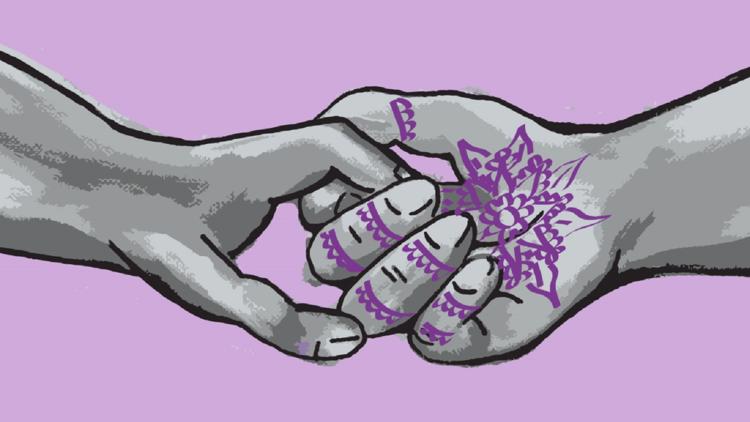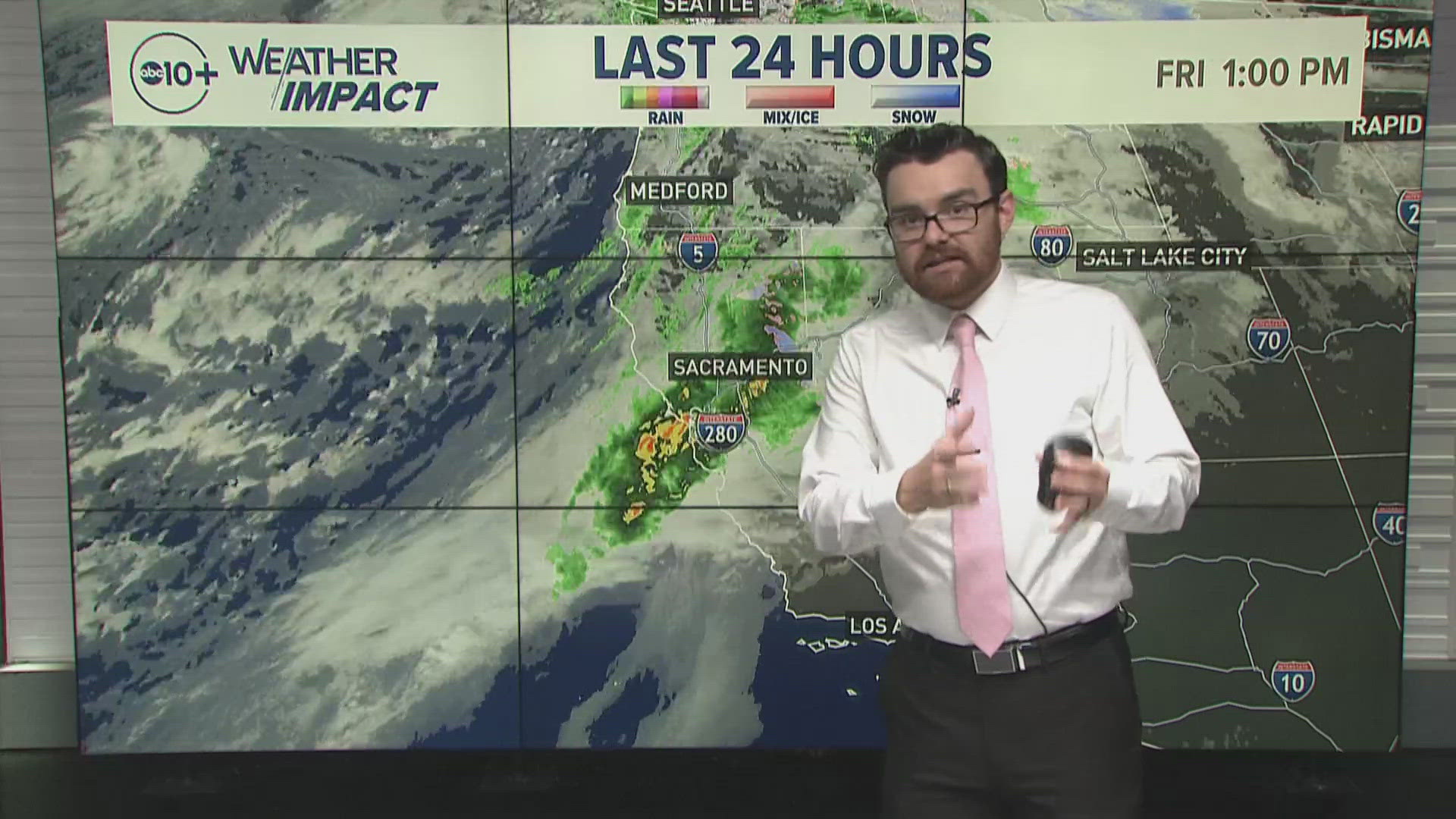SACRAMENTO, Calif. — As a kid, Farrah — a second generation Indian American from the Central Valley — vividly remembers having soda poured on her head after a prayer service at her community mosque. To make matters worse, no one in attendance said anything, not even her family.
Farrah says she faced a slew of discrimination because of her status in a type of caste system for Muslim Indians, and it was completely normalized.
Farrah was born into the Gujarati community, a largely merchant class from India. Her ancestors were Hindu converts to Shia Islam, but they continued to practice social hierarchies originating from the caste system.
According to a report by the Human Rights Watch, India’s caste system is one of the world’s longest surviving social hierarchies. Originally for Hindus, the caste system has impacted nearly all Indians and it can dictate a person’s social status at birth including their profession and social lives, including who they can marry.
Although the Indian government outlawed the caste system in 1950, its influence is still prevalent even in the United States. In Feb. 2023, Seattle became the first city to ban caste discrimination and the first to pass a law like this outside of South Asia.
Now, as an adult, Farrah is opening up about how casteism affected her childhood. She is participating in Gulabi Stories, a new initiative in Sacramento looking to help the South Asian diaspora heal through storytelling.
"I wanted to use the power of storytelling to normalize conversations [and] destigmatize topics that are usually under documented or hushed, especially in our South Asian communities,” said Meghna Bhat, creator and curator of Gulabi Stories.
Forty-five artists in Sacramento including Bhat were awarded a $10,000 grant from the City of Sacramento’s Office of Arts and Culture’s "Seeding Creativity” program to create or present new work in the county. The funding comes from the National Endowment for the Arts as part of its American Rescue Plan grant program.
"Storytelling shows up in everybody's lives, whether we know it or not, we are all storytellers,” said Bhat. “And I feel it has this power to create empathy, [an] increased sense of confidence, connection, [and] build communities.”
She credits StoryCenter and Capital Storytelling, two organizations in California that helped her hone her storytelling skills. Bhat realized she wanted to create something similar for the South Asian diaspora.
The project is "deeply inspired" by Bhat's personal experiences struggling as a South Asian immigrant woman living away from home, navigating chronic and mental health conditions, as well as trauma from gender violence and street harassment.
Gulabi Stories offers free virtual, in-person workshops or interviews where participants will learn how to identify a moment from their lived experiences, draft an outline of their story, and then share it with their respective cohort or Bhat. Participants will have the option to showcase their story on the Gulabi Stories website.
GET MORE RACE& CULTURE FROM ABC10:
►Explore the Race & Culture home page
►Watch Race & Culture videos on YouTube
►Subscribe to the Race and Culture newsletter
With over 5 million South Asians — from Bangladesh, Bhutan, India, Nepal, Pakistan, Sri Lanka, and the Maldives — living in the United States, Bhat wants people to know the diaspora and their experiences are not homogenous. Most importantly, she wants to provide a “safe, brave and courageous space” for people to heal.
“There's this mainstream idea of who and what South Asians look like, especially South Asians in the United States are typically seen as Indian upper class, upper caste Hindus just to name a few of the common identities but in reality, we really need to be centering the most marginalized voices and uplifting the stories of LGBTQ+ South Asians, Asians from oppressed caste groups, underrepresented ethnic groups like Indo-Caribbeans,” said Himadri Gupta, a community advisor for Gulabi Stories.
Eligible participants are encouraged to apply if they’d like to write about topics such as identity, healing, health, body, and/or intimacy.


For minority groups in the United States, there can be a sense of kinship and belonging between people from the same ethnic or cultural background but that was not the case for Farrah.
She recounts being discriminated against because her parents owned a convenience store, a marker of lower status among the Muslim Indian community. The sales of cigarettes and alcohol, which goes against the rules of Islam, exacerbated the situation.
“[People within my community] used that to treat me very poorly. Because of what my parents did, I was belittled, I was looked down upon,” said Farrah.
Although Islam does not recognize caste and the system is often overlooked in discussions of Muslim Indians, it still continues social stratification, according to a report by the Stimson Center, a nonprofit and nonpartisan think tank who conducted a two-year study to better understand the Muslim Indian Community.
"There's this system of oppression that I was in, that no matter what I did I couldn't get out of. The rules were always very different for me,” said Farrah.
There’s a heaviness when Farrah finishes sharing what she plans to write about.
“There's still a lot [that] I have not dealt with... and I'm trying to figure out how to move forward,” said Farrah.
She knows one thing: she hopes to be a cycle breaker. “I don't want us to repeat the same mistakes, either with our own children or grandchildren,” said Farrah.
As much as it has been painful to revisit her past, Farrah says having the support of the Gulabi Stories community has been helpful throughout the storytelling process.
“I know it is a form of therapy to just have it written down and share it for yourself but I'm kind of at the place in my life where I want to take it one step forward, I want to be a part of the solution,” said Farrah. “And I feel now as an adult, I can be that advocate for someone by sharing my story and speaking openly about my experience because I did not have that growing up.”
The deadline to apply for Gulabi Stories has been extended to May 15. Farrah’s full story will be published HERE.
We want to hear from you!
The Race and Culture team's mission is to serve our diverse communities through authentic representation, community engagement and equitable reporting.
Accomplishing our goals of inclusive reporting requires hearing from you. Is there a person or place that you want us to highlight. Email us at raceandculture@abc10.com or fill out the form below.



